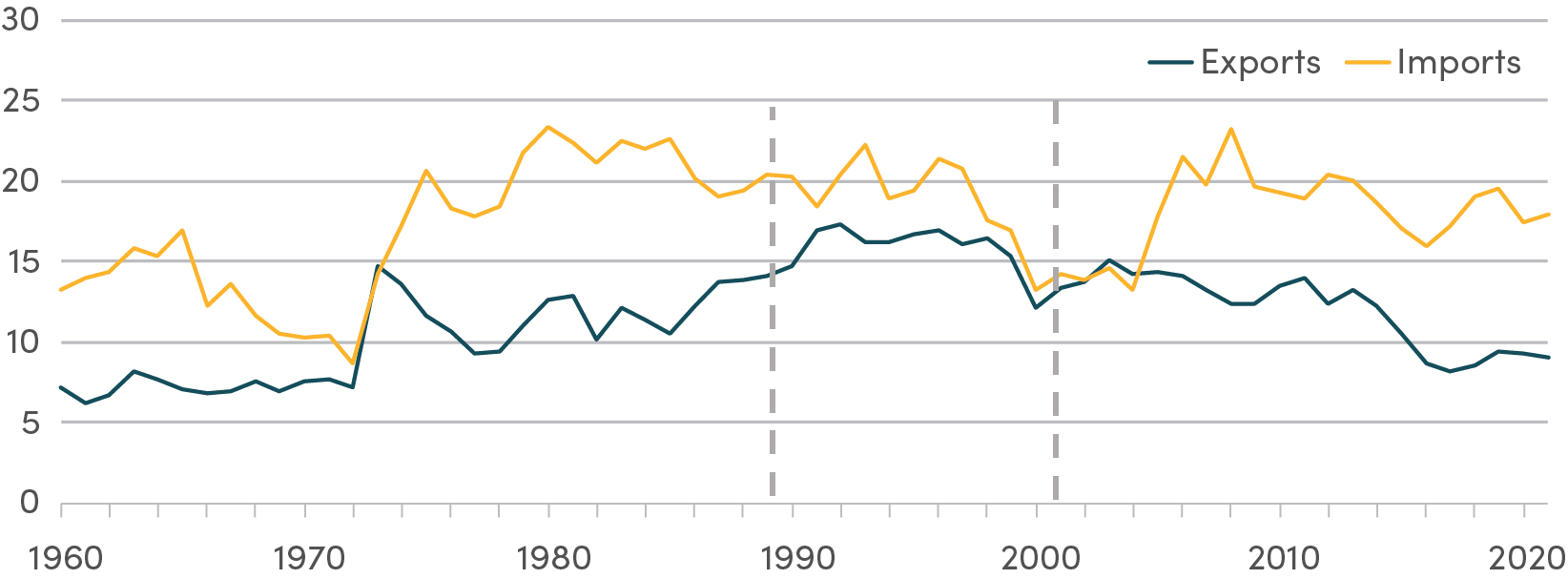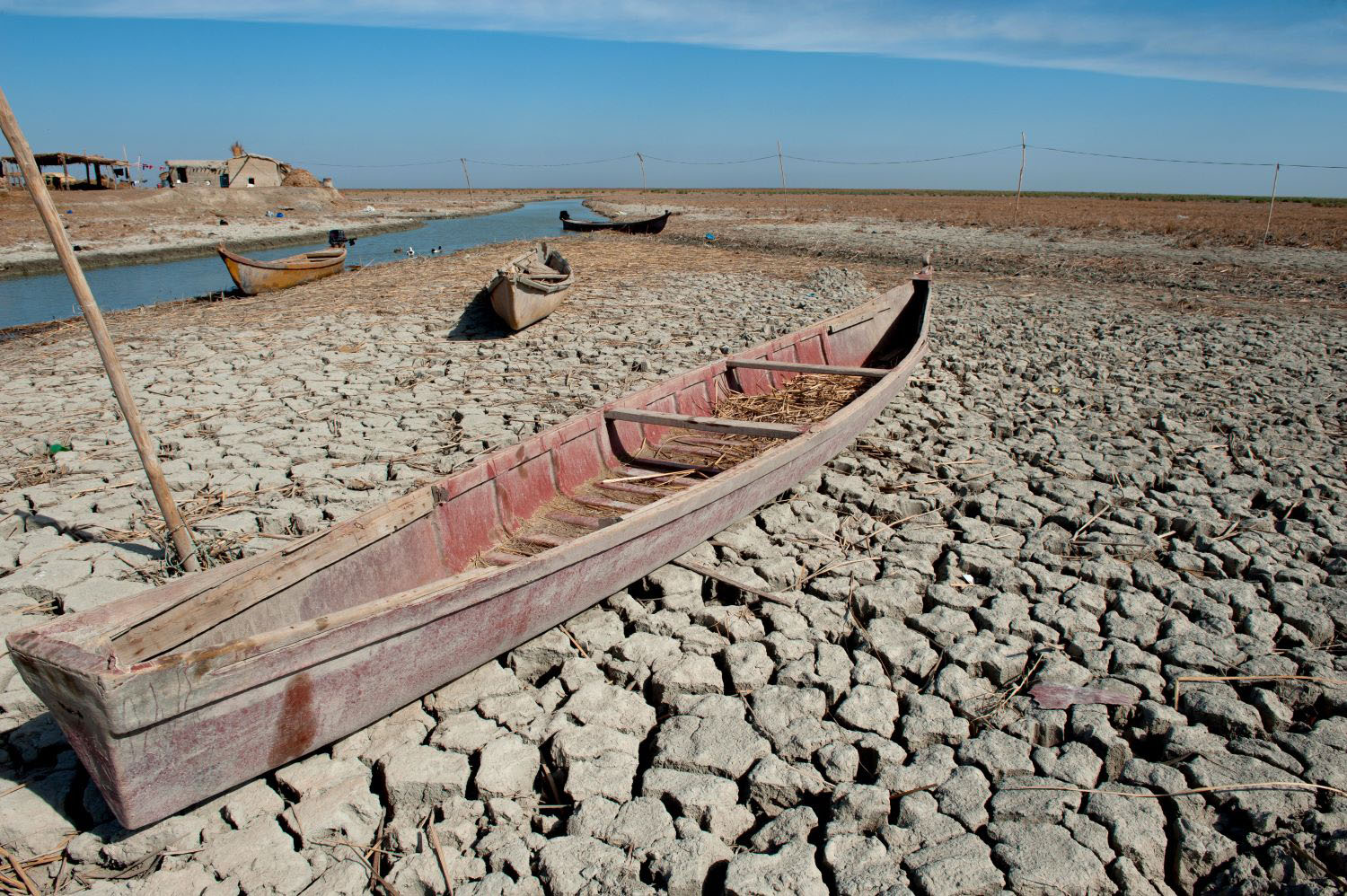This morning (Thursday) came the news that Arvind Subramanian, a joint fellow at CGD and at the Peterson Institute for International Economics, is being appointed Chief Economic Advisor to the government of India. This appointment (for our American readers), is more or less equivalent to being the head of the US President’s Council of Economic Advisors. The current Chief Economist of the World Bank, Kaushik Basu, is a former CEA in India, and the current head of India’s Reserve Bank, Raghuram Rajan is a former CEA. (In Arvind’s case, I dearly hope he will be back at CGD—and yes PIIE—here in Washington within a few years.)
 Our loss is certainly India’s gain. As I say in our press release, Arvind is much more than a macro-economist: he’s a supremely creative thinker across the board, including on the implications of good macroeconomic policy for people’s lives, and the potential that good trade, social, tax, labor-market, and other policies have to support good macroeconomic outcomes.
Our loss is certainly India’s gain. As I say in our press release, Arvind is much more than a macro-economist: he’s a supremely creative thinker across the board, including on the implications of good macroeconomic policy for people’s lives, and the potential that good trade, social, tax, labor-market, and other policies have to support good macroeconomic outcomes.
Arvind is probably best known for his work on trade (he worked early in his career at the WTO), and anyone interested in that aspect of his work should see his piece in a new Oxford book (Towards a Better Economy) on The Hyperglobalization of Trade. At CGD, Arvind’s contributions have ranged widely. He induced me to collaborate with him and Dani Rodrik on the much-cited 2005 Foreign Affairs article “How to Help Poor Countries,” which reflected his healthy skepticism about the “easy” answers of more aid and more trade; and later on this essay on the World Bank; and also on the only thing I have ever written on Iraq. You can see that I will miss him.
His CGD book Greenprint: A New Approach to Cooperation on Climate Change, written with Aaditya Mattoo, proposes a viable grand bargain on climate between the rich-world polluters and China, India, and other emerging markets (one of its chapters builds on still another Birdsall-Subramanian collaboration). The book calls for a role reversal between developed and developing countries, with dynamic emerging economies taking the lead toward a bargain that safeguards development for poorer countries while keeping the world from climate catastrophe.
There’s much more out there of Subramanian contributions, including at the PIIE website. And if you want some insight into his future contributions, check out his syllabus for the development course he was teaching at SAIS.
Prime Minister Modi and India are lucky to have Arvind—and his appointment is a good sign that Modi intends to move on critical economic reforms there. I and colleagues at CGD will miss his tough questions and his good jokes at our luncheon seminars. But we’re pleased he’ll be contributing to a better India.
Congratulations, Arvind!
CGD blog posts reflect the views of the authors, drawing on prior research and experience in their areas of expertise.
CGD is a nonpartisan, independent organization and does not take institutional positions.


 Our loss is certainly India’s gain. As I say in our
Our loss is certainly India’s gain. As I say in our 


